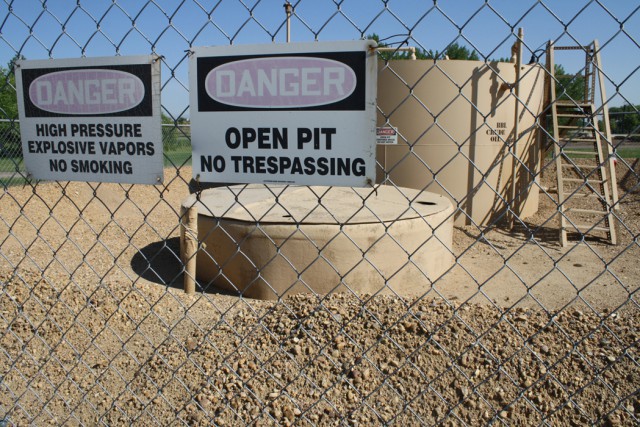
The local battle over fracking has been heating up this week on several fronts, from a new study on oil and gas impacts on ozone levels to volleys fired in the city of Longmont’s legal defense of its ban on hydraulic fracturing.
And the county commissioners were scheduled to meet Jan. 24 to consider extending the moratorium on applications for oil and gas development, to allow county staff more time to plan and implement the county’s new oil and gas regulations. The commissioners were also expected to review an oil and gas road impact study and consider additional transportation fees for oil and gas operations to mitigate those impacts.
The aforementioned ozone study, conducted by a joint institute of the University of Colorado Boulder and the National Oceanic and Atmospheric Administration, found that emissions from oil and gas operations north of Denver seem to be contributing to local levels of ozone pollution.
A team led by research chemist Jessica Gilman of the Cooperative Institute for Research in Environmental Sciences found high levels of volatile organic compounds (VOCs) like propane in the area, and determined that the specific composition of the compounds was attributable to oil and gas — as opposed to other possible sources.
“When our first measurements came out, people would ask, ‘How do you know the high level of pollutants is from natural gas? How do you know it’s not from car exhaust, or cattle farms, or people’s propane grills?’” Gilman said in a news release. “But we discovered that emissions from oil and natural gas activities have a unique ‘chemical signature’ that’s very different from emissions from other sources, and it definitively identifies oil and gas wells as the major source of the high levels of VOCs like ethane and propane.”
The scientists also found that the VOCs were migrating significant distances — they were detected in Boulder and Fort Collins as well.
“Sometimes people forget that we all live downwind of somebody,” Gilman said.
In related news, attorneys for the city of Longmont filed motions Jan. 14 in response to a lawsuit from the Colorado Oil and Gas Association (COGA), the industry group that is challenging the ban on fracking approved by voters in November.
One motion challenges COGA’s effort to have the lawsuit heard in Weld County instead of Boulder County. (A small portion of the city of Longmont lies in Weld, which has been much friendlier to oil and gas interests than Boulder County. COGA filed the suit in Weld County District Court.)
The motion notes that Longmont’s city charter describes it as a city in Boulder County and that the city council’s resolution formally adopting the voter-approved ban was passed in Boulder County. The city’s motion also asserts that COGA itself has acknowledged that Boulder County is the proper venue for the matter: When it intervened in the state’s separate lawsuit challenging Longmont’s recently approved oil and gas regulations, the association wrote that “venue in this district is proper,” citing the same provisions in the Colorado Rules of Civil Procedure that it is now using to argue for the case to be heard in Weld.
The city’s second motion challenges COGA’s claim that the ban represents “unconstitutional takings” by depriving mineral leaseholders access to their resources, namely the oil and gas they have a right to. Among their arguments, attorneys for the city maintain that COGA has failed to show that it has been damaged by the ban or to seek compensation for that damage. They also allege that COGA can’t ask for a court judgment to overturn the law, that the association hasn’t shown a taking of “any particular property owned by any particular person” and that the group doesn’t have the standing to file a takings claim on behalf of its members.
Respond: [email protected]














